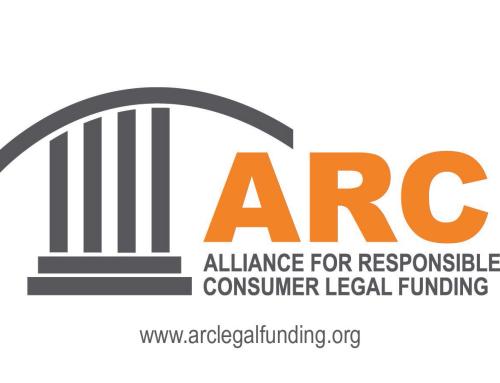Not every personal injury or other civil case will end up in the courtroom. Many of these cases actually resolve when the defendant offers you a settlement, or cash payment, in exchange for dismissing the legal case. You will likely receive the settlement as either a lump sum or several yearly payments, called a structured settlement. If the settlement is a large amount, you will likely be asked to choose between a lump sum and structured settlement.
There is one important similarity between the two options — taxes. If your structured settlement is the result of a personal injury case, then the payments are typically tax-free, meaning that they do not count as income for tax purposes. However, lump sum payments are also generally exempt from taxation. Although settlement payments are not generally taxed, some portions may be if they are the result of punitive or emotional damages, for example, rather than a direct result of the accident, such as medical bills.
Positives of Structured Settlements
It may be difficult to turn down an immediate lump sum payment, but before you ask for all of your money right away, consider the benefits to choosing a structured settlement.
- You are guaranteed payment over a set period of time, or sometimes for the remainder of your life, making budgeting easier, particularly if you have regular medical expenses resulting from the incident. These payments are usually protected by an insurance company to help ensure that you do receive all of the agreed upon payments.
- Because the payments come in gradually over time, there may be less pressure from family and friends to share your settlement money.
Negatives of Structured Settlements
Receiving guaranteed payments over time does have its downsides, though. Most notably:
- If not provided for in your settlement, inflation could eventually render the payments too small to be of much use to you. You can provide for inflation in your settlement agreement, but it may be difficult to persuade the defendant to agree to a regular increase in payments, and may result in a lower settlement.
- If you have a large, unexpected expense come up, your money would not be immediately available to you. However, you could still pursue a transfer of your settlement in order to receive a lump sum payment instead. The Georgia Structured Settlement Protection Act helps to ensure that you are treated fairly if you pursue this option by permitting the transfer in cases in which doing so is actually beneficial to you, the recipient.
Settlement Options
In some cases, you may be able to take a portion of the settlement as a lump sum initially, with the rest of the settlement dispersed over a structured settlement agreement. This can be a way to get the best of both options, allowing you to pay immediate bills while still benefiting from the safety net of a structured settlement.
Contact Us Today to Discuss Your Options
If you are considering pursuing a civil case seeking compensation, be certain to have Capital Financing at your side. We can advise you on the best settlement option for your situation and help you get the cash you deserve.








